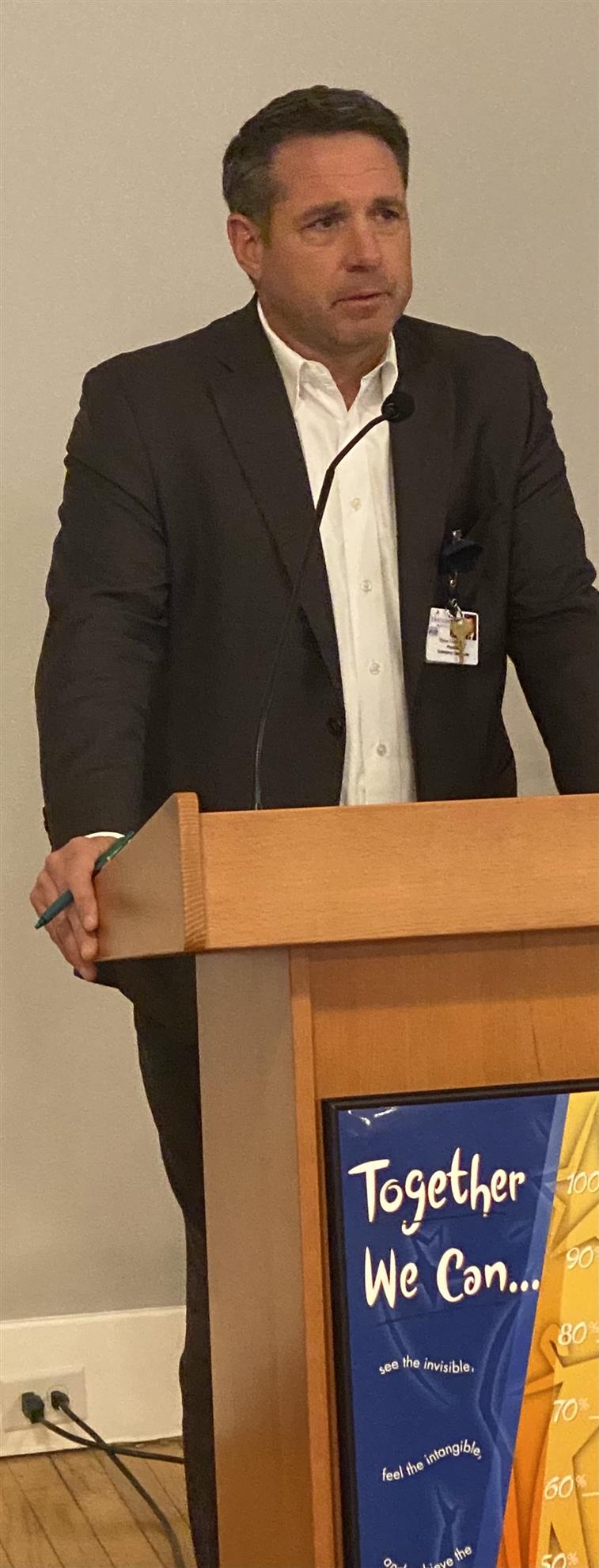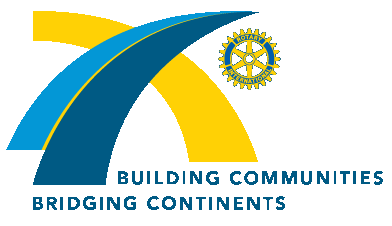
An unusual partnership celebrated five years of success on May 4 during a luncheon at The Saginaw Club.
The Rotary Club of Saginaw, Rotary Club of Saginaw Sunrise and Rotary Club of Saginaw Valley established back then a special scholarship foundation with the Central Michigan University College of Medicine, located in Mount Pleasant and Saginaw.
Through it they award a $10,000 “Thanks for Staying” grant annually to a school graduate who agrees who agrees to do his or her residency in the Great Lakes Bay and Thumb area. $50,000 so far. The money is applied to the student’s loan.
Various fundraisers over these five years and donations from the three clubs and others, the foundation keeps growing. It has a goal of $1 million, which would allow for two scholarships annually, and is 30% of the way.
Those attending the luncheon were told the average debt for a medical school graduate is $250,000. And studies indicate that where a doctor serves his or her residency tends to be where they stay and establish a practice.
The keynote speaker on May 4 was Dr. Steven Vance, an emergency medicine specialist at Covenant Healthcare and since 2016 associate dean of clinical education at the CMU School of Medicine. He received his medical degree in 2001 from the Michigan State University College of Human Medicine.
Dr. Vance (pictured) recalled that during Covid he lived in a borrowed travel trailer parked outside his home because he didn’t want to jeopardize his family’s health due to so many deaths where he worked. He said medical students from the school delivered thousands of vaccines to the community during Covid. And he recalls Rotary members asking during the pandemic how they could help.
Michigan still does not have enough primary care physicians for its population, he said, and the CMU College of Medicine was founded to provide physicians for Michigan. And he also called on Rotary clubs to help the CMU Medical School get recruits and train them in our community.
The school recently celebrated its first 500 graduates, starting from its inaugural class in 2017. 80% of its students come from Michigan and 50% of its graduates were matched to Michigan residency programs. 78% of those graduates chose primary care specialties.
